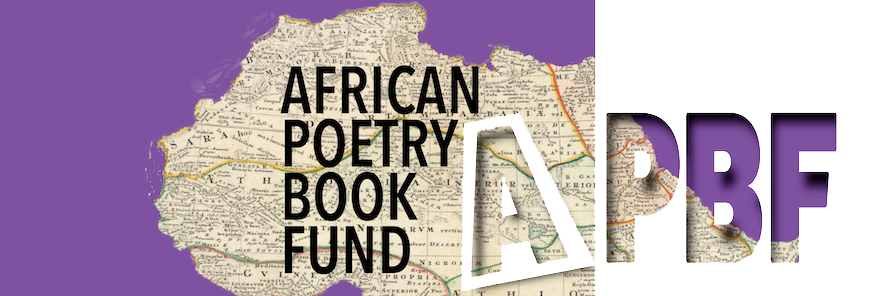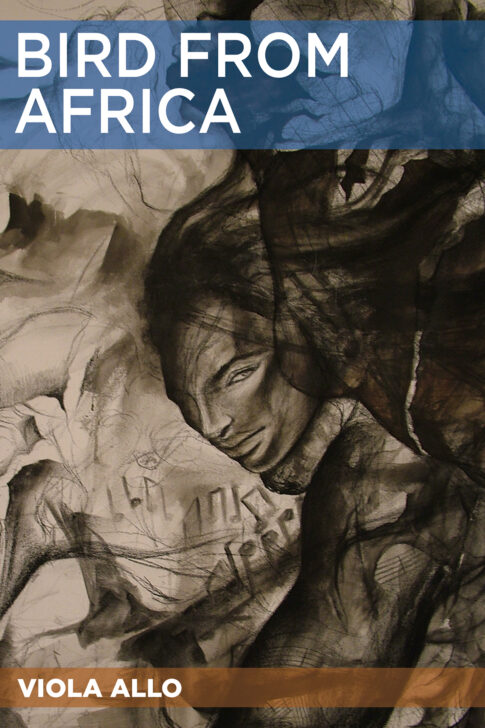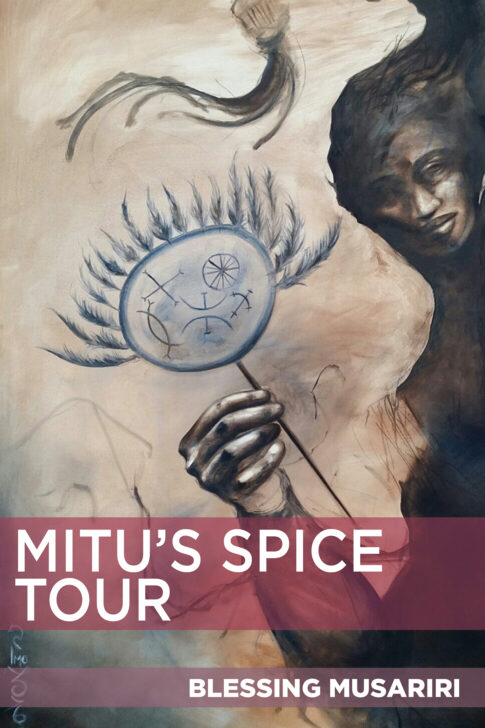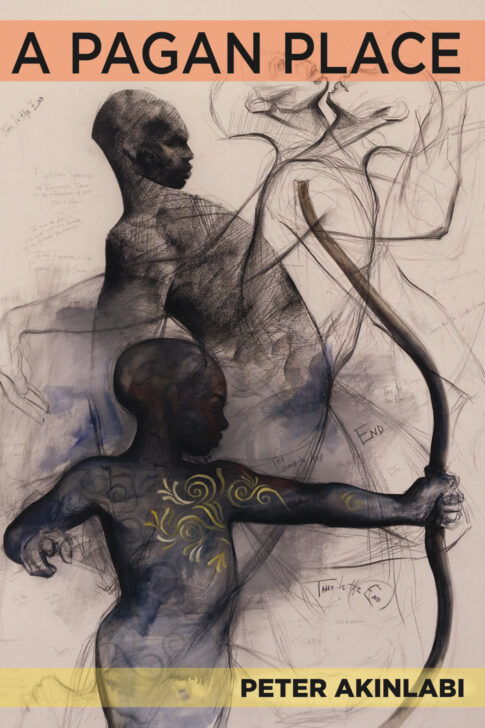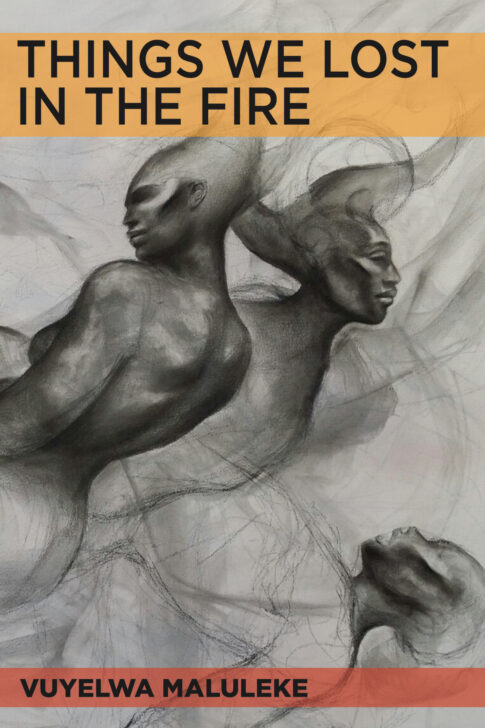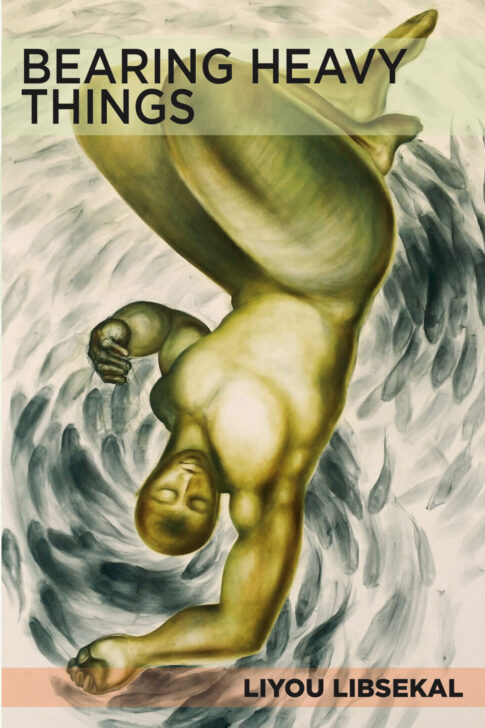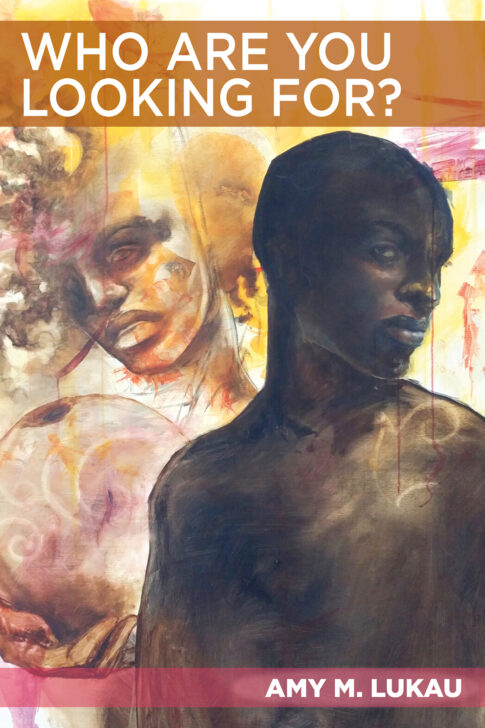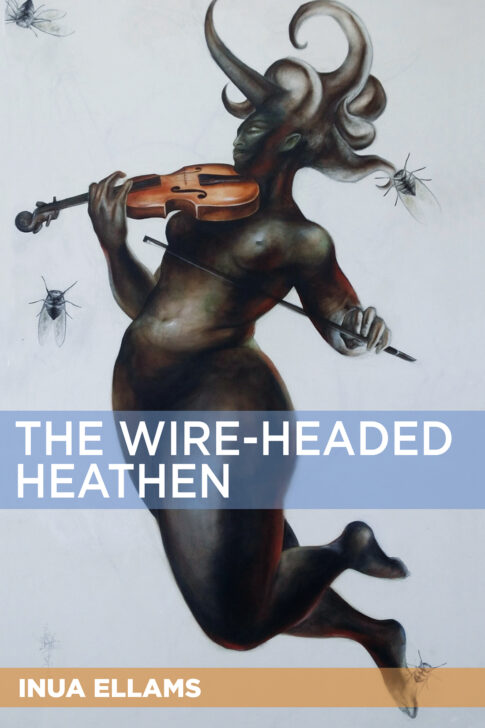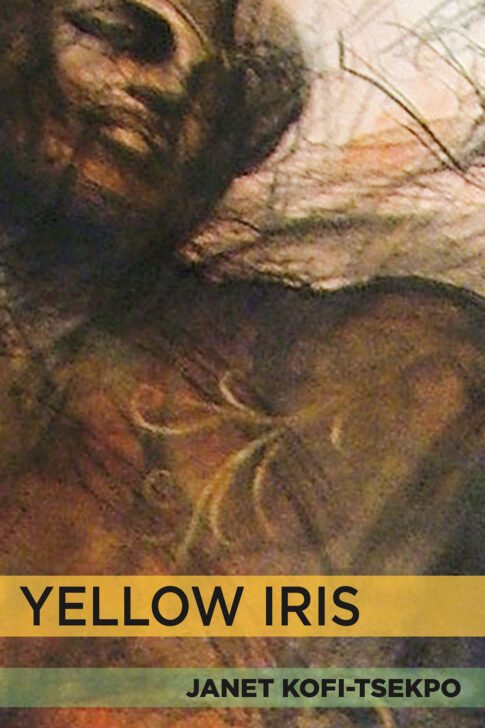Eight New-Generation African Poets: A Chapbook Box Set
Edited by Kwame Dawes & Chris AbaniAkashic Books, 2015 | Hardcover | ISBN: 978-1617753558
Cover art by Imo Nse Imeh
The limited-edition box set is an annual project started in 2014 to ensure the publication of up to a dozen chapbooks by African poets through Akashic Books. The series seeks to identify the best poetry written by African poets working today, and it is especially interested in featuring poets who have not yet published their first full-length book of poetry. This box set features art by Imo Nse Imeh and contains the following chapbooks: Bearing Heavy Things by Liyou Libsekal, Bird from Africa by Viola Allo, Mitu’s Spice Tour by Blessing Musariri, A Pagan Place by Peter Akinlabi, Things We Lost in the Fire by Vuyelwa Maluleke, Who Are You Looking For? by Amy Lukau, The Wire-Headed Heathen by Inua Ellams, and Yellow Iris by Janet Kofi-Tsekpo.
At once lament, at once protest, at once love song, at once incantation of hope and a clear future, at once entertaining, at once a new direction, and a link in a chain of human African achievement, an unending lineage of light.
Chris Abani, from the introduction
The chapbooks gathered here are almost overflowing with voice . . . . Each of these chapbooks is so worthy of praise and attention that it is not possible to do them justice in the space afforded this review. They deserve, and hopefully will receive, the specific and individual attention of critics and readers, and their authors deserve to enjoy long and noted careers.
Untucked MagazineWe live in a curated world; the beauty of this collection is not just in the interplay of cover art and text, of preface and poem, but especially in its overall optimistic effect. This isn’t a curatorial project solely focused on refining our world, cutting it down to manageable size, reflecting the literary interests of its editors. Though it does this, it simultaneously opens up a whole new emergent modern trajectory of African poetry, adding to it words that are surprising not in their existence—we know that with greater funding, similar projects, changing patterns of readership, more than eight, more than ten new African poetry chapbooks of this quality could reach us each year—but in their specific, trenchant voices. Start clearly off a set of shelves—this is something to make space for, year after year.
Africa in Words